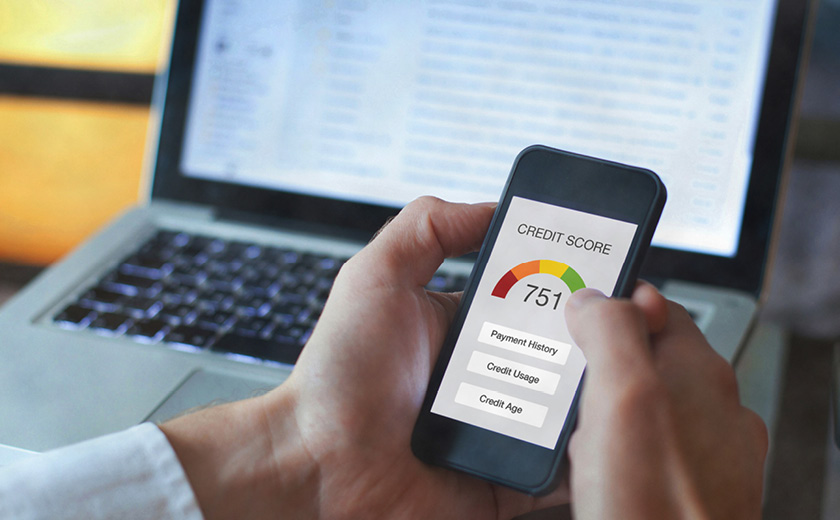Your credit score can be your best asset when it comes to being approved for a loan or credit card. But some innocent mistakes can leave your score looking worse for wear. We explain the oversights to avoid.
1. Making multiple loan applications.
If you’re in the market for a home loan, personal loan or credit card, it’s easy to assume you should put in a variety of applications with several different banks. But this can seriously work against you.
Your credit score is based on your credit report, which shows all the different credit applications you’ve made. Multiple applications will lower your score – and result in a ‘please explain’ from lenders.
When lenders see several applications on your credit record, they’re likely to assume it’s because you’ve been knocked back for finance. And that’s going to make them unsure about offering a loan when other banks have given you the thumbs down.
Hot tip: Minimise the number of loan applications you make. It will help keep your credit score in great shape.
2. Missing bills or repayments.
You’re busy. That’s a no brainer. And when you’re pressed for time it’s easy to overlook a few bills or credit repayments.
The problem is that running late with a phone or electricity bill or loan repayments can impact your credit record, leaving a few black marks, and lowering your credit score.
Hot tip: Set up automatic bill and loan payments in your everyday bank account. That way you’ll never forget to pay a bill or make a repayment. Time the payments to match paydays so you can be sure the money is in your account on the due date.
3. Avoiding credit altogether.
It may sound counterintuitive, but avoiding credit products altogether, can actually lower your credit score. That’s because you have no established history of payments on which a score is built1.
Hot tip: Having a credit card can lift your credit score. The key is to use it wisely. Only spend what you can afford to repay on time.
4. Not checking your credit score regularly.
It makes sense to check your credit score on a regular basis. You may manage your credit and bills well, but mistakes can happen.
An error left undetected on your credit record can lower your score. The thing is, you may not even be aware of the mistake until you apply for a loan, a new mobile phone account or a new electricity account.
Hot tip: Make a habit of checking your credit score at least annually. It only takes a minute, and it won’t impact your score. If you find a mistake on your credit record, get in touch with the credit reporting agency, or your lender straight away.
5. Assuming buy now pay later won’t affect your credit score
Buy now pay later (BNPL) services offered by the likes of Afterpay and Zip can seem like a way of borrowing money without impacting your credit score. But that may not always be the case.
Some BNPL providers may perform a credit check as part of the sign-up process – and this can impact your credit score.
In addition, while BNPL products don’t charge interest, late fees may be payable if you miss a repayment. BNPL providers may also report late or missed payments as well as defaults to credit reporting agencies.
In this way, getting into hot water with BNPL can damage your credit score in much the same way as missing loan repayments.
Hop tip: BNPL is a type of credit, so it makes sense to go easy with this payment option. Aim to limit yourself to one provider, and stick to making purchases you can afford to repay before late fees apply.
For hints and tips on how to keep your credit score looking good, get in touch with the team at Defence Bank. Call our Contact Centre on 1800 033 139 or visit your local branch to find out more.
Got questions? We have the answers. See our FAQs.
1 https://www.creditsmart.org.au/know-your-credit-score/how-to-improve-your-credit-score/
Important note: This information is of a general nature and is not intended to be relied on by you as advice in any particular matter. You should contact us at Defence Bank to discuss how this information may apply to your circumstances.




